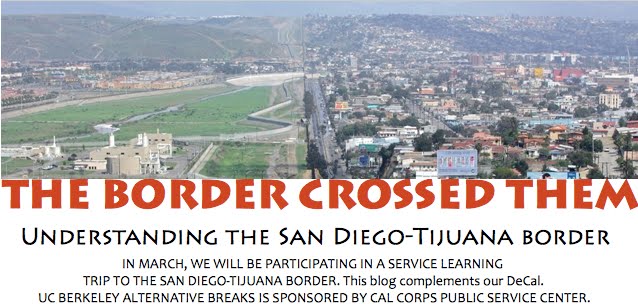The Maquiladora Health & Safety Support Network is a volunteer network of 400 occupational health and safety professionals who have placed their names on a resource list to provide information, technical assistance and on-site instruction regarding workplace hazards in the 3,000 "maquiladora" (foreign-owned assembly) plants along the U.S.-Mexico border. Our goal has always been to build the capacity of workers and their organizations to understand occupational health and safety issues and to be able to speak and act in their own name to protect their health and to exercise their rights. Our activities have included providing information and trainings to workers, plant-wide health and safety committees, and to community, human rights and professional associations; technical assistance to workers filing complaints under international trade agreements; and technical information for grassroots organizations monitoring the performance of transnational corporations and government health and safety agencies in the global economy.
By talking with Garrett, we will continue our discussion of the role of womyn in maquiladoras and how we can move toward achieving social and environmental justice in exploited systems of labor. To prepare for class, please read these two pieces:
1. Environmental Justice Case Study
2. NAFTA's 10 Year Failure to Protect Mexican Workers' Health and Safety
In your blog response, please list at least 2 questions that you would like to ask Garrett after watching Maquilapolis last week and engaging with this week's reading. Your questions can relate to his work, anything that was unclear from the film, or new trains of thought that the articles led you to.
2 more DeCals!! Get excited!!




6 comments:
1. Do you think there are any lessons from the Wisconsin protests for unions that can be applied to protect maquiladora workers in Mexico? Is a strike/movement like the one in Wisconsin at all possible in particularly affected parts of Mexico? What do you think it would take for a similar movement to begin?
2. Do you think that the lack of transparency in the judicial branch of Mexican government is largely at fault for the poor working conditions of maquiladora workers? Because there is limited support for workers attempting to fight their abusive employers, does the blame partially fall on the courts? In the Mexican legal system, you are proclaimed guilty until proven innocent (opposite of the U.S.), why does this tend not to be applied to the corporations taken to trial?(In comparison to an innocent civilian taken to trial for suspected cartel involvement.) How is that possible? Is there sufficient record and documentation of court proceedings?
1. What inspired you to work with the Maquiladora Health & Safety Support Network? How did you first become aware of the issues surrounding maquiladoras? How would you encourage other individuals to spread awareness?
2. In many of the readings we have done, it is said repeatedly that strictly economically speaking NAFTA has been a success for expanding trade and investment, but when it comes to environmental and social issues it has been a failure. Would you say the costs to the environment and workers are a natural extension of economic advancement? Or can effective mechanisms be set up that would allow economic growth that isn't so detrimental to the environment and the workers?
I understand that you and your organization provide maquiladora workers with health and safety information, but how effective do you think this is in actually protecting the workers’ health? Most of maquila workers live in communities, that they themselves started because of proximity to the factories, which means that they usually do not have access to health clinics. In addition to not having access, they probably cannot afford to pay for health care when they do get injured in the workplace, so what do you suggest can better improve their accessibility to health care?
Do you think that Americans would be willing to give up cheap products if they knew that the product they are consuming is a result of human rights violations abroad? How far can “educating others” go in order to better protect these workers in the maquiladoras?
How is it possible that the Mexican authorities don't make sure that their labor laws are enforced?
What do you think can be done by the Mexican government to reinforce their labor laws?
1. Does our comfort in our modern lives depend on other countries being poor and unhealthy? That is, does the end of poverty mean the end of wealth?
2. Are the maquiladora workers to blame in their submissiveness to this working environment? With that, do you think it is better to struggle to feed your family or to expose them to the health hazards of toxic waste?
What does your average day on the job look like? How much interaction do YOU have with others in Mexico?
There are a number of organizations that try to help those dealing with the maquiladoras, whether their focus is on the environment, health, legal assistance, etc. Are there any kind of skills that are needed but are hard to find? What is it that I could study now to better prepare myself to help others in the maquiladoras in the future?
Post a Comment